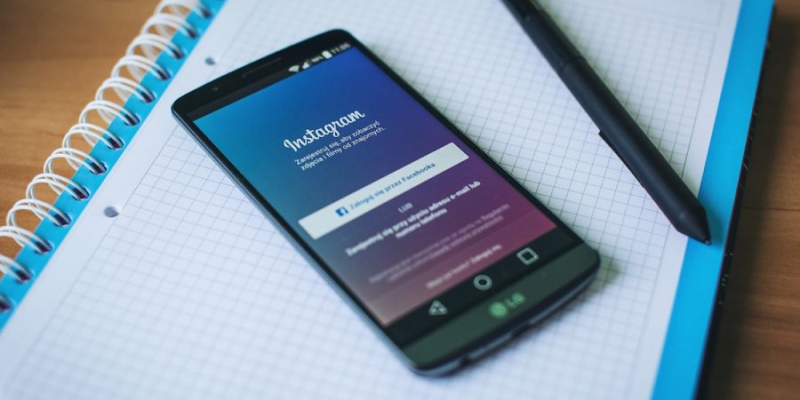Chances are, you’re among the 72% of Americans who use social media. Maybe you enjoy the “short and sweet” appeal of Twitter and Snapchat, or you like Facebook because it’s a great place to stay in touch with old friends and family. If you’re a real social media maven, you could be active on all the major platforms. It doesn’t matter which site or app you choose, though. What is important is how you use social media and what you’re sharing — or oversharing.
Social media privacy is a big problem because many of us — often unknowingly — share too many personal details online. Some people, including about half of all Facebook users, set their profiles to “private,” giving the illusion that they are free to share with reckless abandon. Others don’t even think twice about account security. With or without iron-clad privacy settings, individuals using social media should always ask themselves this question before posting: “Am I sharing something that thieves could use to steal my identity?”
The truth is that identity thieves can find ways to monitor your profiles, get through your social media privacy settings, and collect information they can eventually use to steal your identity. Recurring internet users are already 30% more likely to become a victim of fraud than those who spend less time online. These changes only increase for those on social media, who run a 46% higher chance of experiencing identity theft or a related scam.
Identity thieves can employ any number of devious tactics to get what they’re looking for, but there are certain things you may be doing to make their jobs a whole lot easier.
- Talking about your vacation– Whether you’re about to go away for a long weekend to the beach, or taking the vacation of a lifetime, wait until you get back home to post about your trip. When you share pre-vacation excitement, check in at locations along the way, and share pictures as they are taken, you are telling identity thieves: “Hey, I’m not home! You’re welcome to go through my mail and try to break into my house.”
- Enabling geolocation tags– Most social media apps tag your location every time you post, telling your followers exactly where you are. Some only go as far as to share the city or town, but others can pinpoint the exact address. These geolocation tags quickly give thieves access to your home address, which is an essential component of piecing together a person’s identity (and subsequently stealing it).
- Sharing every detail of your child’s life– You love your kids, and you’re proud of them. You share pictures of every milestone, post happy birthday messages, and relay cute stories. Every first day of school, you post a picture of them with their name, grade, and school name — and when fellow parents ask which teacher your child has, you happily tell them. In this instance, you are not just sharing information a thief could use to steal your identity, but your child’s identity as well. More than 1 million children were victims of identity theft in 2020 alone.
- Tagging family members in photos– It seems like second nature to tag people in our photos, but those labels help identity thieves figure out the important people in your life. If they know your mom is named Diane, your dad is Michael, your husband is Andrew, and your son is Kyle, they’re going to bank that information and use it to try and answer security questions and guess passwords on your accounts.
- Posting photos with sensitive information– Sometimes, we get exciting pieces of mail or receive documents that we can’t help but share with our family and friends. For example, you just renewed your driver’s license, and you finally took a great picture — so you snap a shot, upload it to social media, and wait for the compliments to pour in. However, while your best friend is admiring how good you look, identity thieves are thrilled that you just posted your name, address, birthday, and driver’s license number.
It’s never too late to change your social media habits, so while you may be guilty of oversharing in the past, you can move forward and guard your personal information a little more closely.
